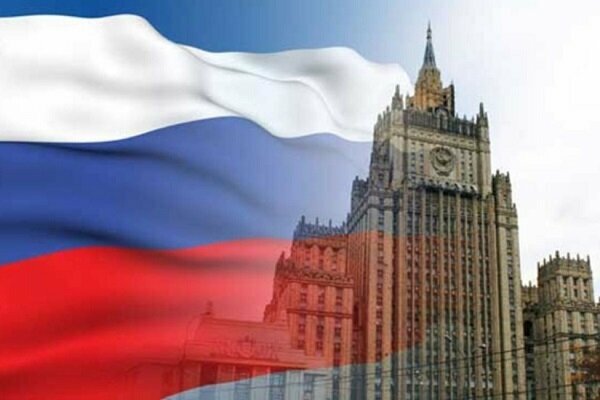Washington (AFP) - The International Monetary Fund announced on Tuesday that it expects the Russian economy not to be affected much this year by international sanctions, adding that European countries, on the other hand, are suffering more than expected.
The IMF expects Russia's GDP growth to contract by 6.0% in 2022, much less than the 8.5% decline it bet on in its previous forecast published in April.
The Fund stated in its report that it is expected that "the Russian economy will contract less than it was assumed in the second quarter of the year, and exports of crude oil and non-energy products were better than expected."
"In addition, it seems that domestic demand is showing some resilience, thanks to the containment of the impact of sanctions on the local financial sector and the decline in the labor market in a way that is weaker than expected," he explained.
Since the start of the Russian invasion of Ukraine on February 24, Western countries have imposed a series of sanctions against Russia to strangle it financially and economically.
On the other hand, the effects of these sanctions will be more than expected in 2023, the year in which the International Monetary Fund expects a recession in the Russian economy by 3.5 percent, which is 1.2 points less than its previous forecast.
On the other hand, the International Monetary Fund indicated that "the effects of the war on the main European economies were more negative than expected."
Economic growth forecasts for 2022 have been cut for Germany (-0.9 points at 1.2%), France (-0.6 points at 2.3%) and Spain (-0.8 points at 4.0%).
The IMF stated that these consequences are stronger due to "high energy prices, as well as a decline in consumer confidence, a slowdown in manufacturing activity resulting from continued supply chain disruptions, and an increase in the cost of raw materials."
A complete halt to Russian gas exports will "significantly" reduce the growth of the eurozone in 2022 and 2023. This would force European countries to ration energy, which would affect the main industrial sectors.







Share your opinion
Monetary Fund: The Russian economy is affected less than expected by Western sanctions